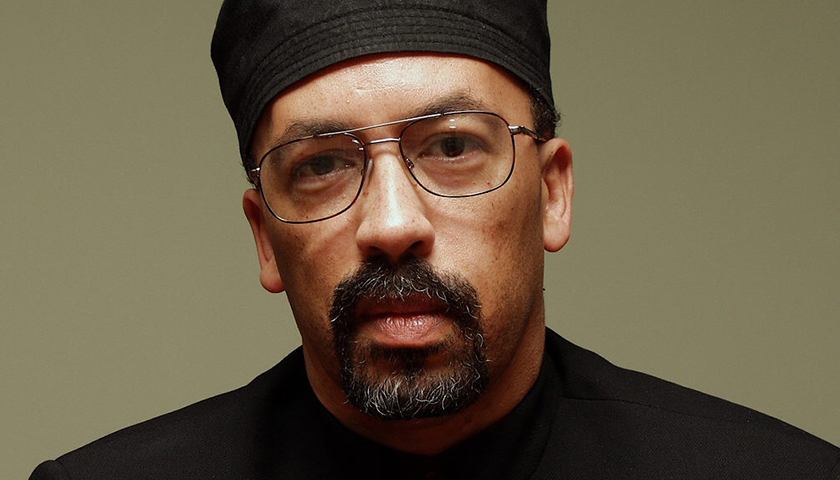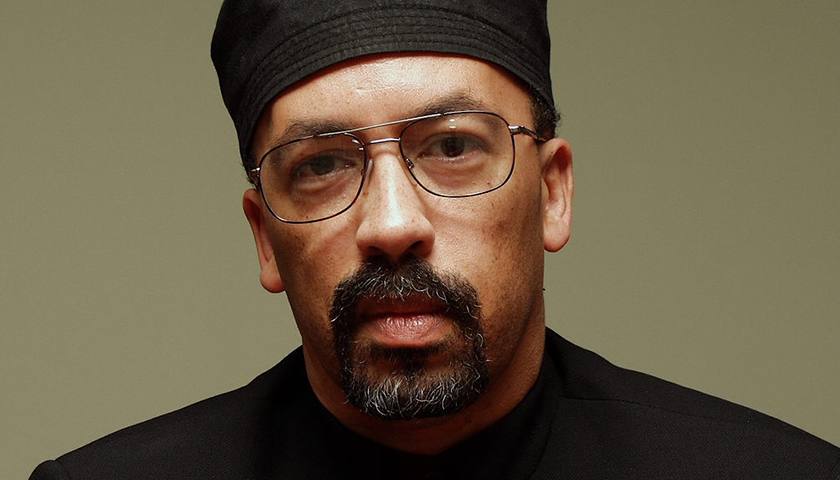[ad_1]
By Bill Fletcher, Jr., NNPA Newswire Contributor
I have been thinking about Jermaine Massey quite a bit since I heard about his story at the DoubleTree Hotel in Portland, Oregon. This was the case of a Black man—a registered guest in the hotel—holding a phone conversation with his mother in the hotel lobby. Two hotel security personnel approached him, asked him to leave the hotel and called the police on him. Despite video proof that he informed them that he was a legitimate guest, he was told to leave. These security personnel were ultimately fired.
The case is not over but the incident, once again, is a story of a white person calling the police on an African American for no reason that comes close to allegations of breaking the law. After hearing about this case, the term “softcore lynching” came to mind. Maybe someone else has used this term.

I call it a softcore lynchingbecause these incidents are much more than a racist nuisance. These are flagrant examples of whites both determining what territory is acceptable for those of us of color to occupy (note: these incidents are notlimited to attacks on African Americans), but they also place our lives in imminent danger. It is this latter point that I wish to here emphasize.
Given the history of the relationship between African Americans and law enforcement, the appearance of the authorities brings with it the ever-present threat of confrontation. And confrontation can mean imprisonment or death. When the police show up, whether due to African Americans playing golf slower than a white person might desire; having a party when white people would rather we don’t; returning home when we are not recognized by a white neighbor; or speaking with our mother from a hotel lobby, the reality is that we are always treated with suspicion. How that suspicion is realized can determine whether that interaction ends violently or peacefully.
When the white security guards at the DoubleTree called the police on Massey they were—to give them the benefit of the doubt—ignoring history and ignoring the potential consequences should, for instance, Massey have gotten into an argument with the police about a potential violation of his rights. Since there was no indication that Massey was armed and dangerous, a confrontation could have been very one-sided leading to injury or death for the Black man.
This phenomenon of whites calling law enforcement on blacks due to their own unease, i.e., racist unease, represents a resort to implied violence to both ensure that we remain in our place and to ensure that the comfort level of whites is retained.
This, therefore, is a political struggle that we must engage. If one pulls a fire alarm for the thrill, one pays a price. There must be a substantial price paid by these racists who choose to call the police when there is absolutely no evidence of a crime, intended or otherwise. My guess is that if these racists had to pay the cost of the deployment of the police plus an additional penalty, they would think twice before putting our lives in danger since, after all, these are the actions of cowards.
Bill Fletcher, Jr. is the former president of TransAfrica Forum. He is the author of new murder/mystery The Man Who Fell From the Sky.Follow him on Twitter, Facebook and at www.billfletcherjr.com.
The opinions on this page are those of the writers and not necessarily those of the AFRO.Send letters to The Afro-American • 1531 S. Edgewood St. Baltimore, MD 21227 or fax to 1-877-570-9297 or e-mail to [email protected]
[ad_2]
Source link


